Even a well-established theory like the Standard Model is not accurate all the time, and there are phenomena that defy its predictions.
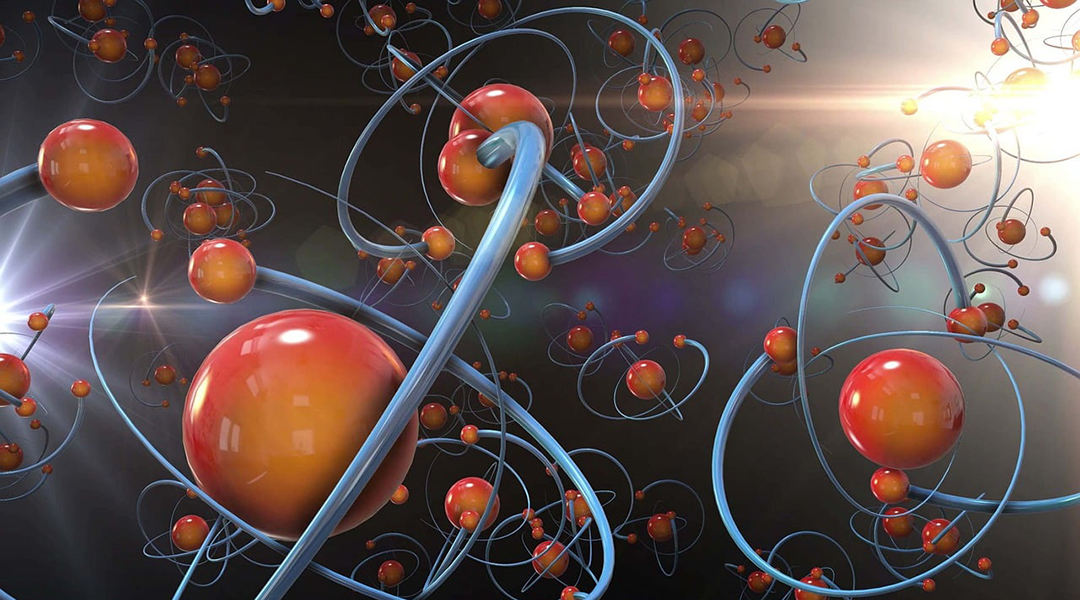

Even a well-established theory like the Standard Model is not accurate all the time, and there are phenomena that defy its predictions.

Enhanced experimental precision has the potential to either confirm or dispel uncertainties surrounding the Standard Model of Physics.

Comparing simulated X-ray emissions from galaxy clusters to real observations provides support for the Standard Model of Cosmology.
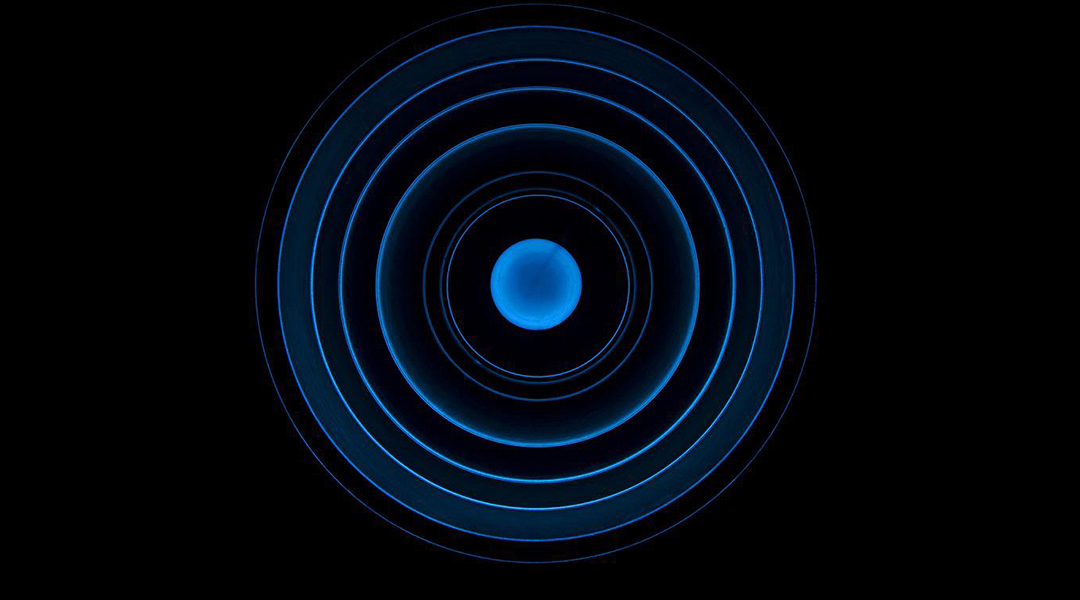
Researchers put quantum electrodynamics to the test, pushing the boundaries of the Standard Model of physics.
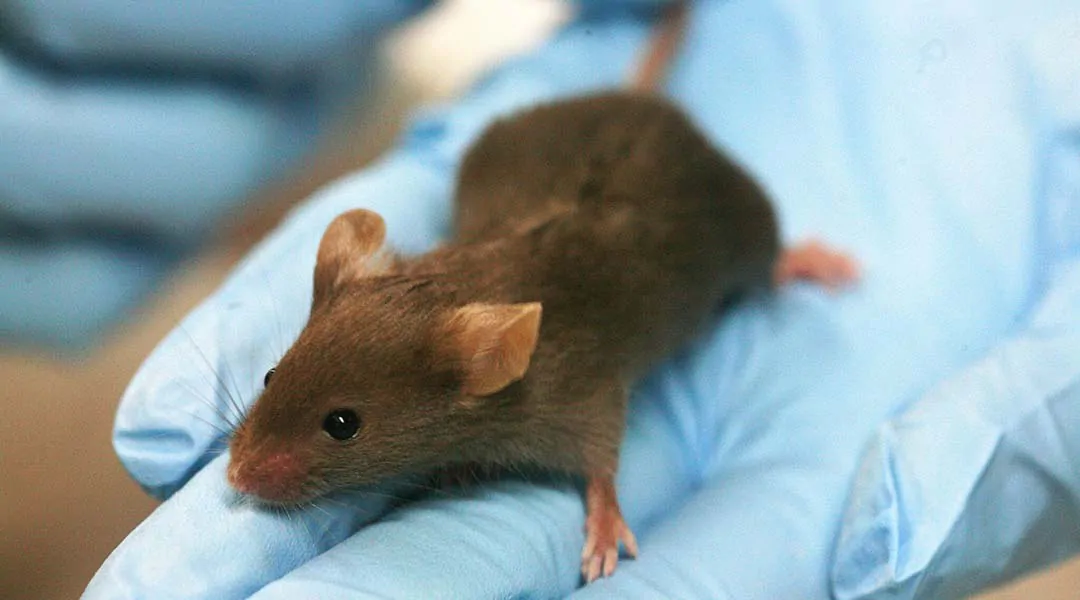
Scientists investigate the impact of hormone therapy on the fertility of trans individuals, shedding light on unknown aspects of reproductive health.

A new biochip can quickly evaluate anticancer drug toxicity and penetration across an advanced blood–brain barrier model.
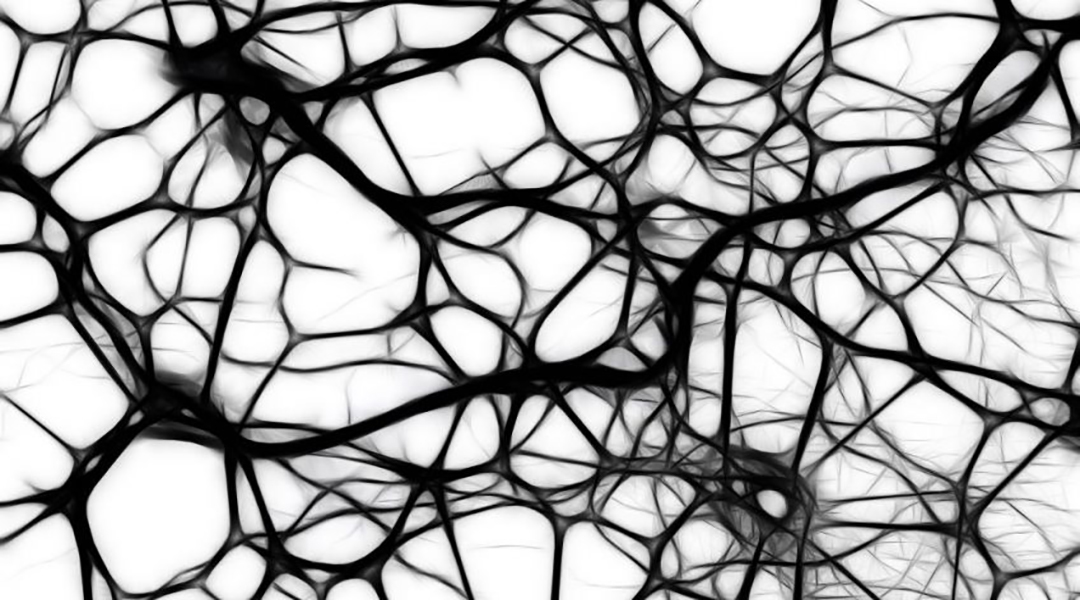
Stem cells are used to model early nervous system development to understand how it is affected by genetic mutations and certain drugs.
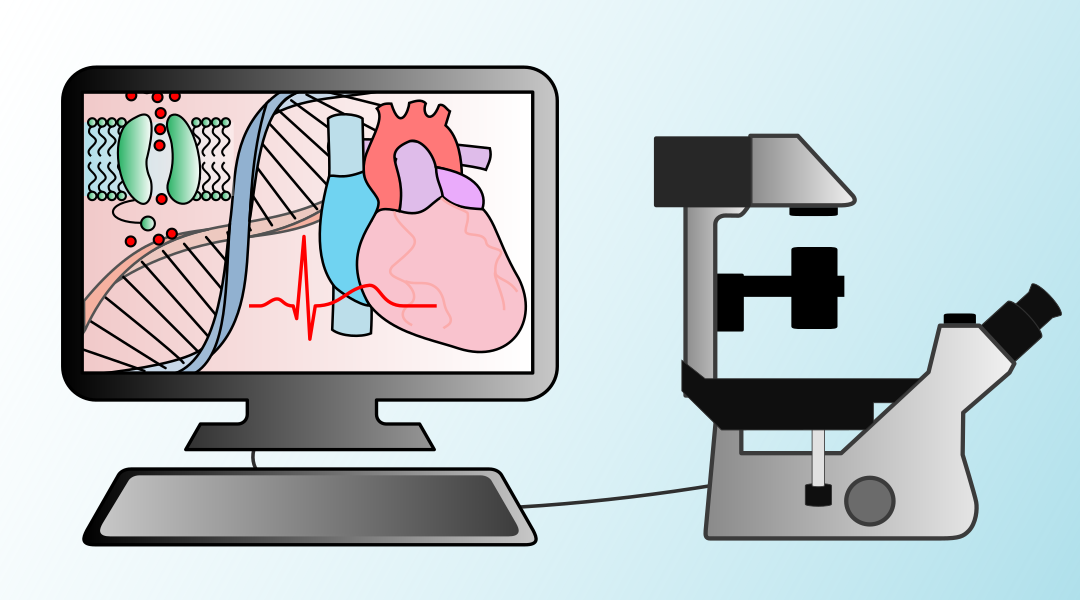
Cardiac models are becoming increasingly accurate as predictive power improves.

A new study shows fundamental limitations to the computer-based simulation of chaotic systems with implications in climate change modeling, weather forecasts, and machine learning.
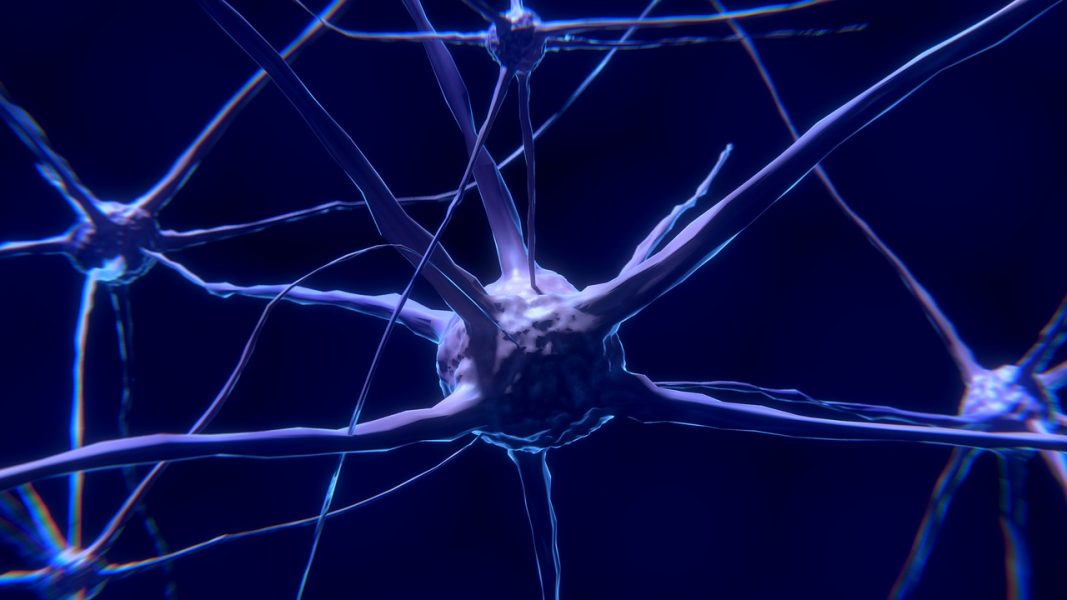
A physiologically relevant 3D model to investigate several key aspects of blood–brain barrier dysfunction in Alzheimer’s disease and provide a standardized platform for drug screening.